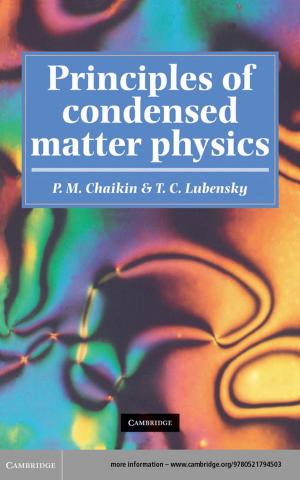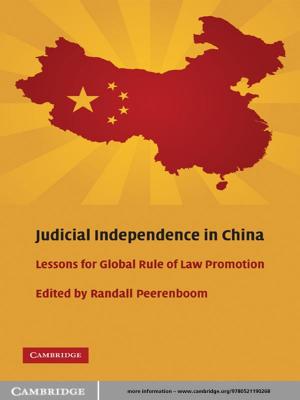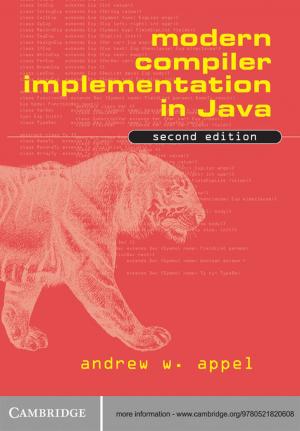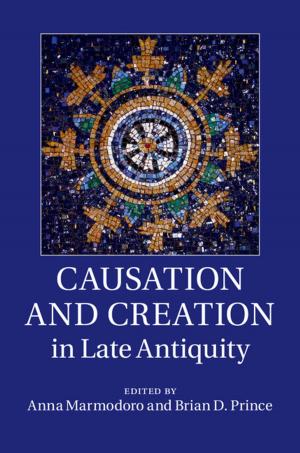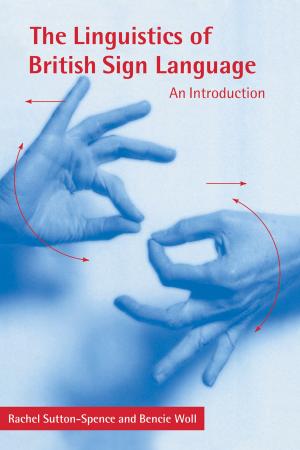Expert Failure
Business & Finance, Finance & Investing, Banks & Banking, Nonfiction, Social & Cultural Studies, Political Science, Politics, Economic Policy| Author: | Roger Koppl | ISBN: | 9781108628174 |
| Publisher: | Cambridge University Press | Publication: | February 8, 2018 |
| Imprint: | Cambridge University Press | Language: | English |
| Author: | Roger Koppl |
| ISBN: | 9781108628174 |
| Publisher: | Cambridge University Press |
| Publication: | February 8, 2018 |
| Imprint: | Cambridge University Press |
| Language: | English |
The humble idea that experts are ordinary human beings leads to surprising conclusions about how to get the best possible expert advice. All too often, experts have monopoly power because of licensing restrictions or because they are government bureaucrats protected from both competition and the consequences of their decisions. This book argues that, in the market for expert opinion, we need real competition in which rival experts may have different opinions and new experts are free to enter. But the idea of breaking up expert monopolies has far-reaching implications for public administration, forensic science, research science, economics, America's military-industrial complex, and all domains of expert knowledge. Roger Koppl develops a theory of experts and expert failure, and uses a wide range of examples - from forensic science to fashion - to explain the applications of his theory, including state regulation of economic activity.
The humble idea that experts are ordinary human beings leads to surprising conclusions about how to get the best possible expert advice. All too often, experts have monopoly power because of licensing restrictions or because they are government bureaucrats protected from both competition and the consequences of their decisions. This book argues that, in the market for expert opinion, we need real competition in which rival experts may have different opinions and new experts are free to enter. But the idea of breaking up expert monopolies has far-reaching implications for public administration, forensic science, research science, economics, America's military-industrial complex, and all domains of expert knowledge. Roger Koppl develops a theory of experts and expert failure, and uses a wide range of examples - from forensic science to fashion - to explain the applications of his theory, including state regulation of economic activity.

